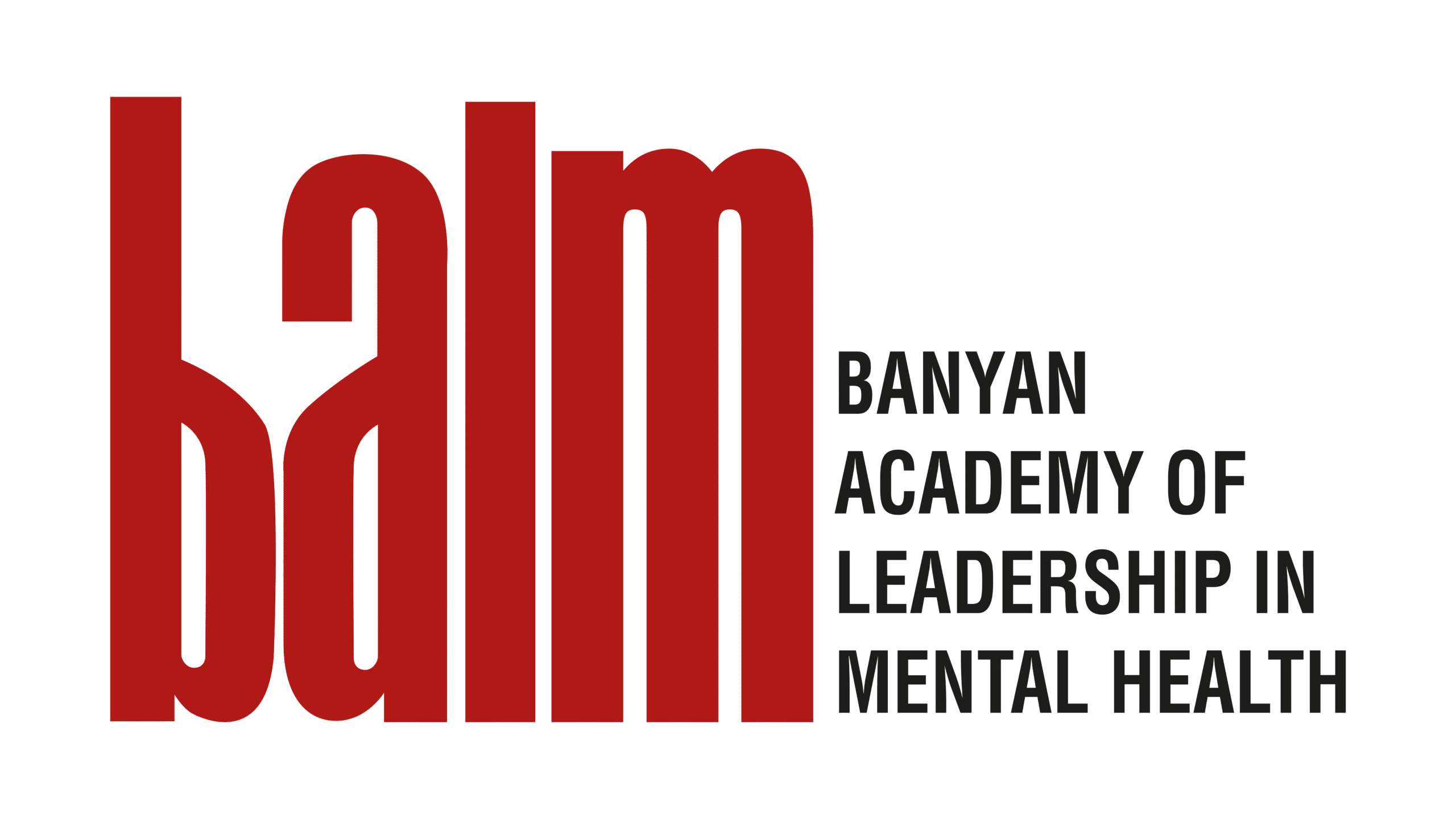Social Action.
Empowering Local Communities
and Strengthening Public Systems
One of The Banyan’s core goals is to bridge the gap between treatment and care for individuals with mental illness. As its academic and research arm, BALM furthers this vision by acting as both a think tank and a training ground. Our education programmes equip students, volunteers and peer workers to support people with mental illness, especially those from marginalised communities.
Beyond education, BALM also contributes to state and national mental health frameworks—shaping public policy through insights rooted in lived experience. Our work spans a wide range of needs across age, ability and gender, including women, older adults, persons with disabilities, and children of parents with mental illness.
The Sundram Fasteners
Limited Fellowship
Did you know that in India, there are less than 0.3 psychiatrists and 0.07 psychologists or social workers per 100,000 people? The Sundram Fasteners Limited (SFL) Fellowship was launched in 2019 to address this acute shortage of mental health professionals in the country. It supports emerging leaders to effectively contribute across different fields spanning community-based care, policy reform and research. Since its inception, 20 fellows have been supported with financial aid ranging from ₹1.2 to ₹4.8 lakh annually.

The SFL fellowship is a curated, invitation-based programme that identifies and supports emerging leaders in mental health. For FY 2025–26, seven fellows will be selected across these categories:
- Mental Health Change Maker (1) – Distinguished Fellowship
- Mental Health Advocate (1)
- Lived Experience Experts / Mental Health Ambassadors (2)
- Community Mobiliser (1)
- Replication Fellows (2)
Fellows are strategically aligned with BALM’s geographic replication initiatives and supported with focused peer advocacy training, community engagement tools and implementation systems tailored to their contexts. The programme prioritises diversity and representation from marginalised communities.
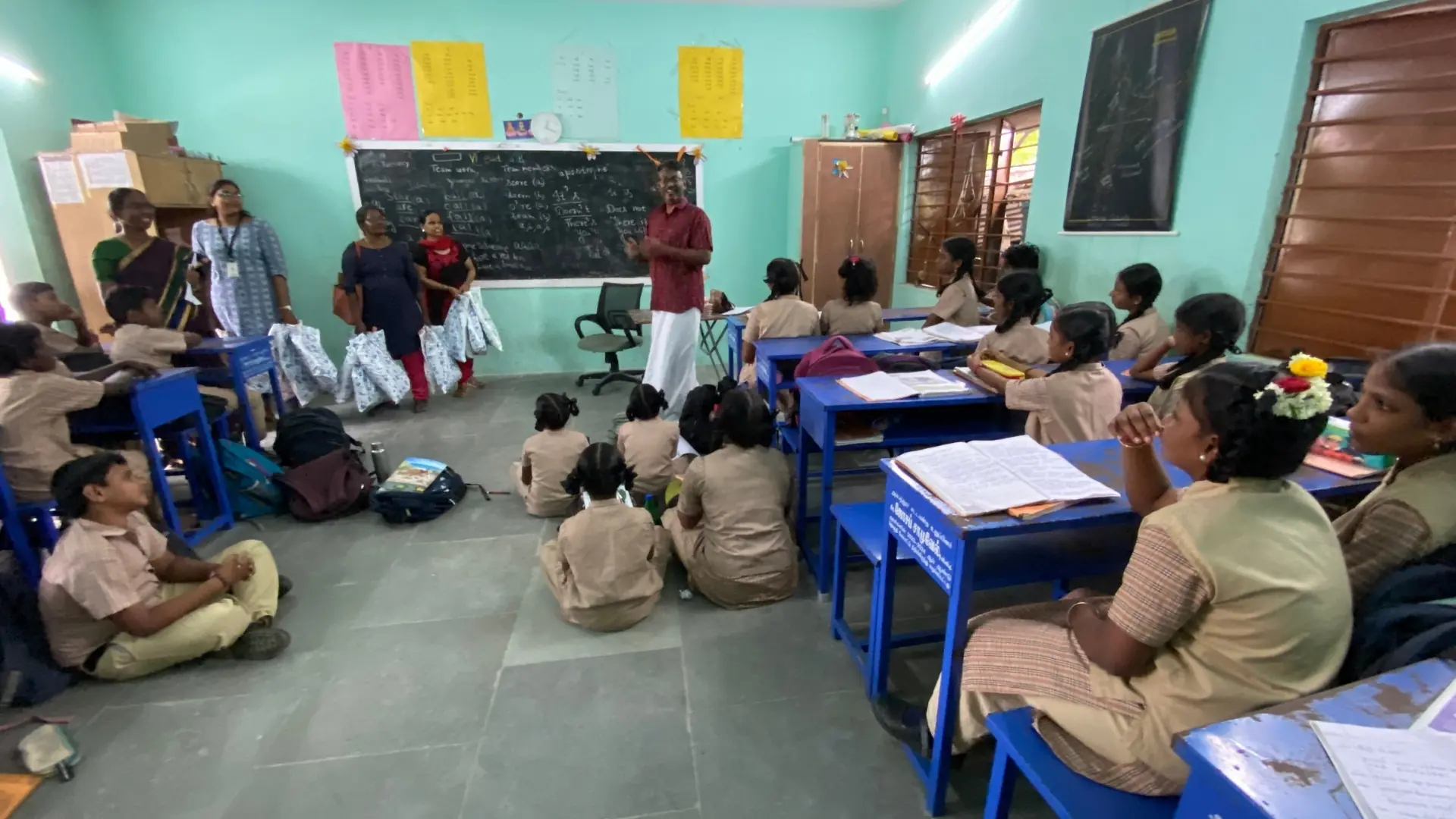
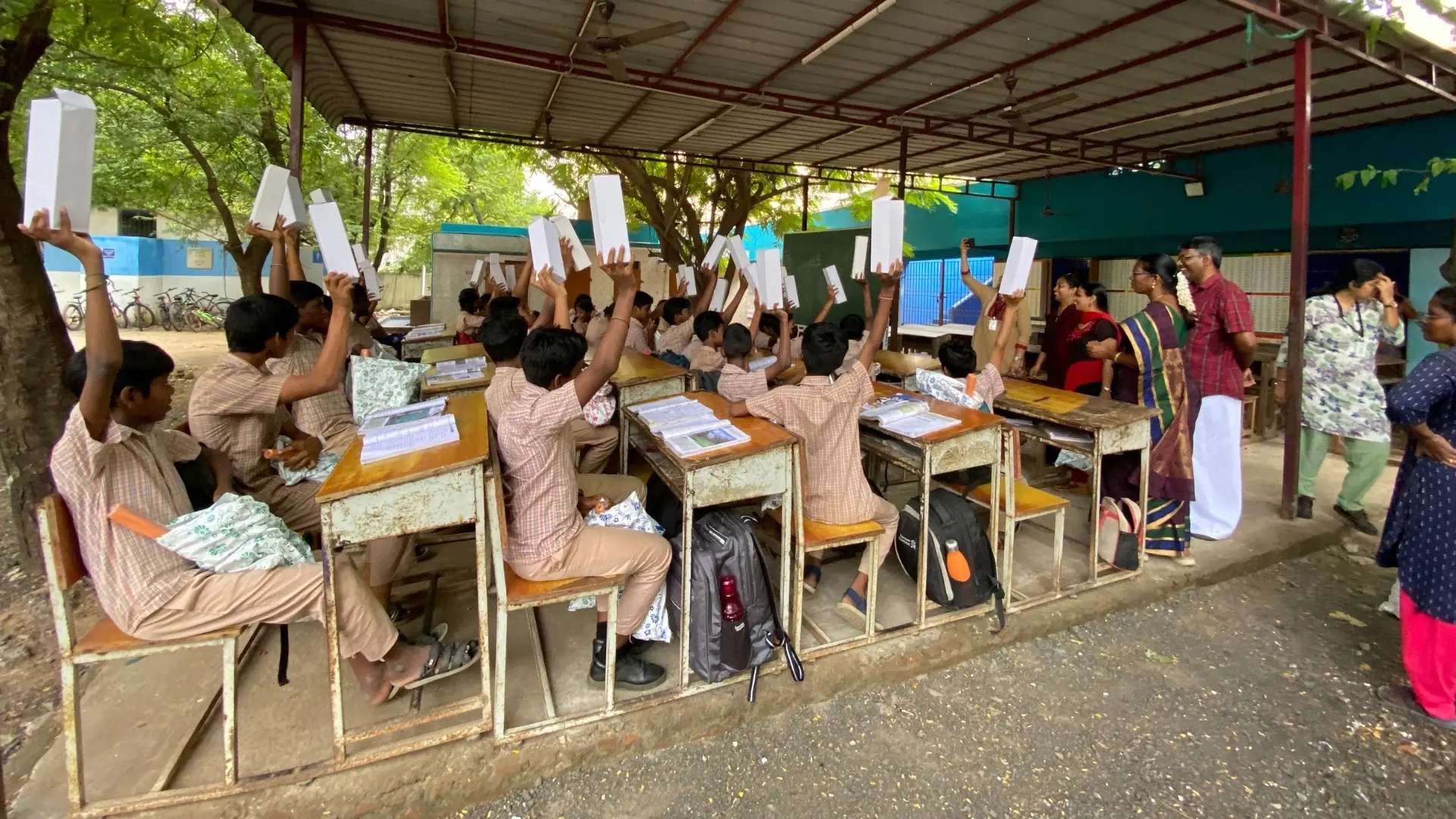
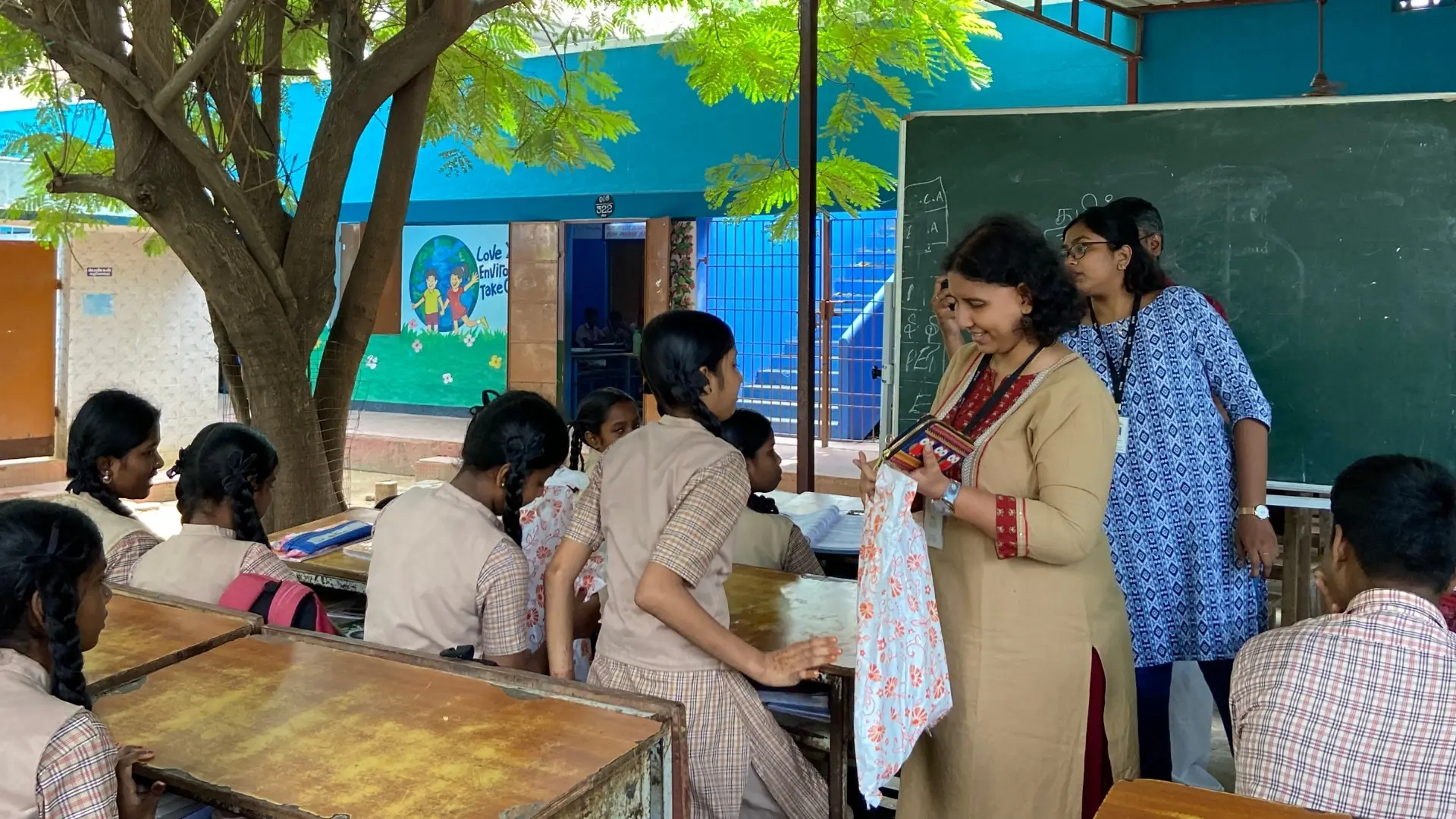
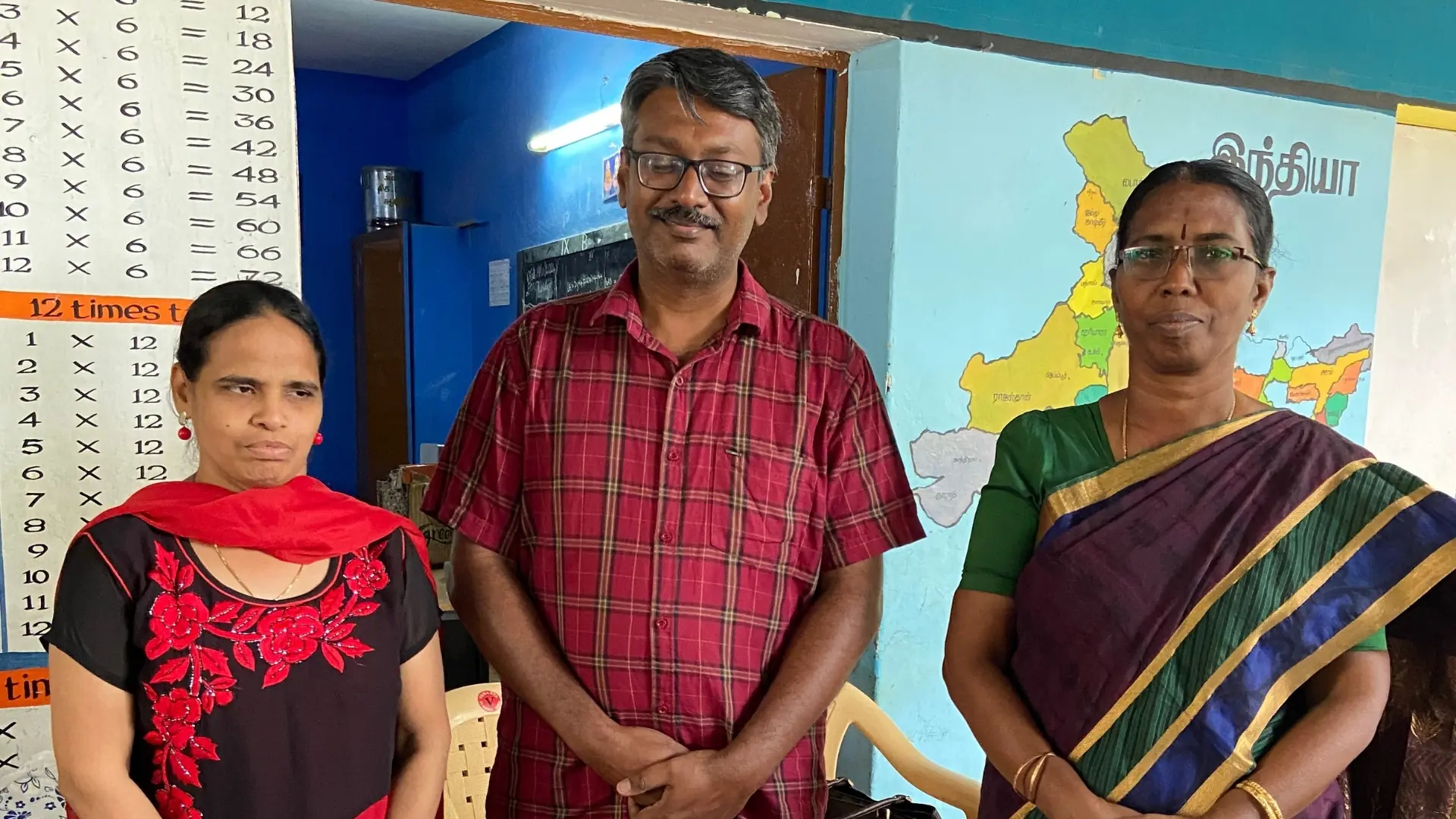
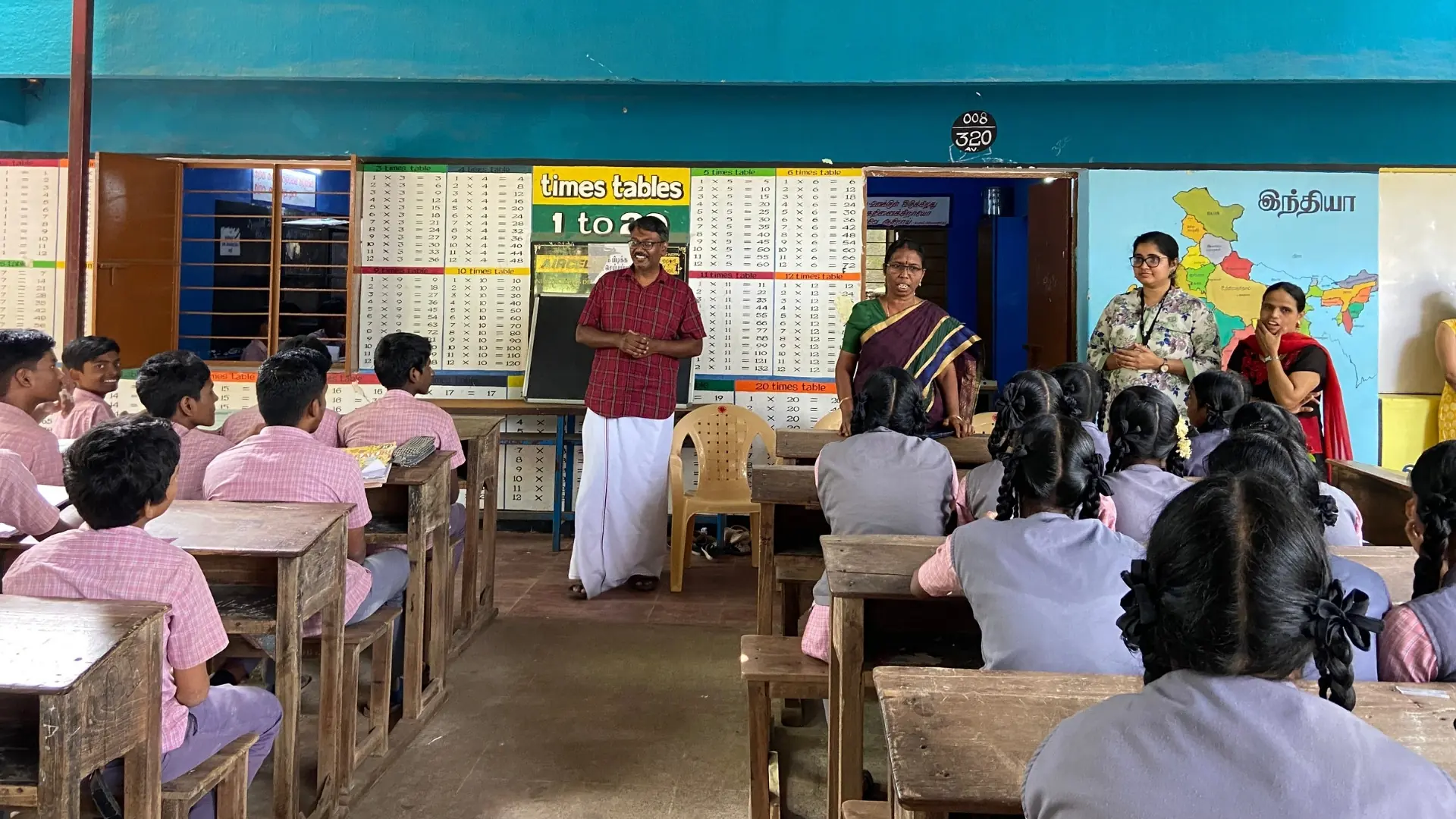
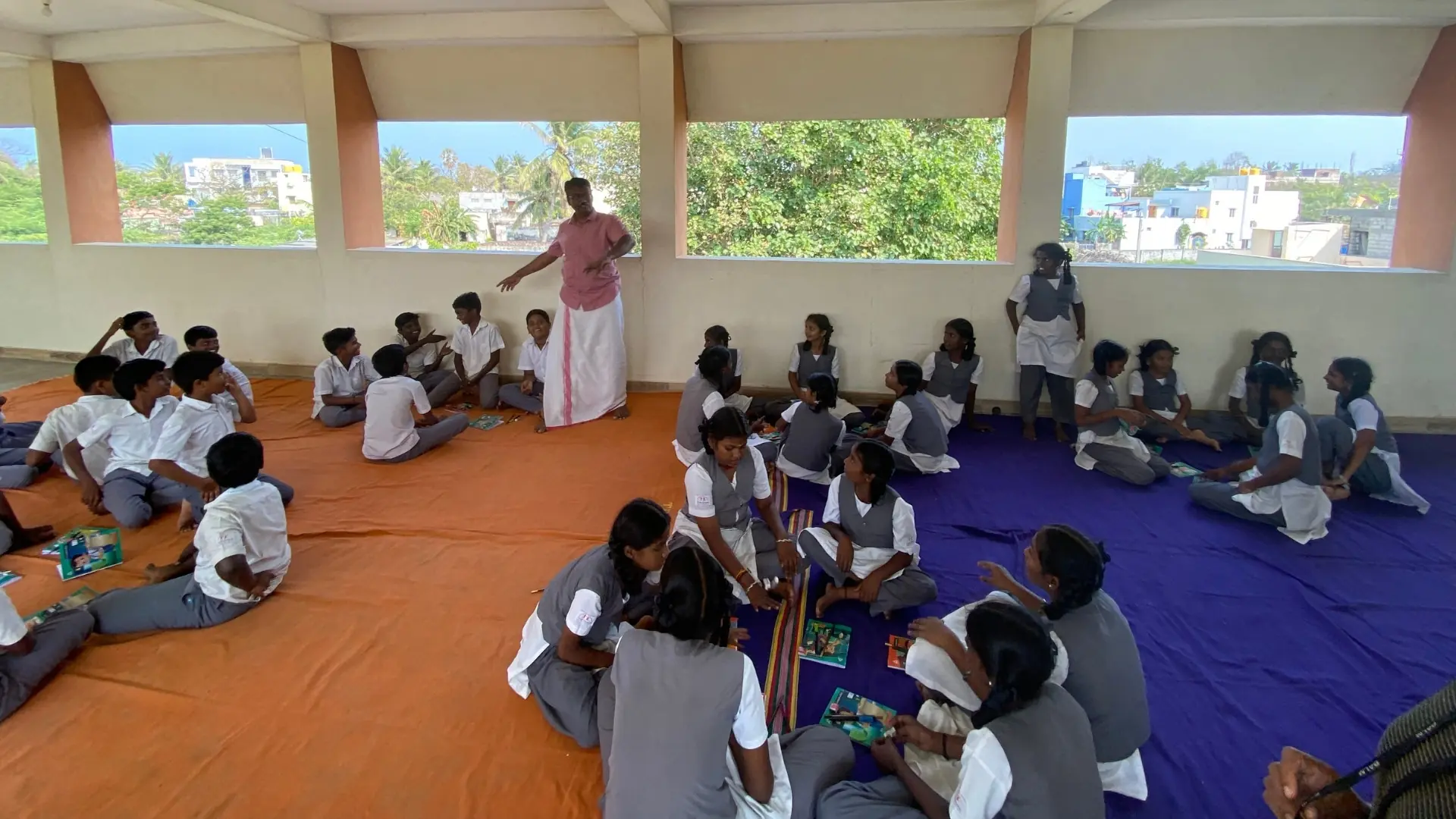
Learning Opportunities for Vulnerable Children
Scholarships for Vulnerable Children
BALM offers two special scholarships to support children facing social, economic and mental health-related vulnerabilities.
- Sundram Fasteners Limited (SFL) Scholarship
Offers school fee support and educational materials to over 200 vulnerable children, including those who are homeless or have parents with mental illness - Madras Round Table 1 (MRT) Scholarship
Supports children of service users at The Banyan—especially those impacted by poverty, parental mental illness or disability—helping them stay in school and access higher education. The Centre for Child and Adolescent Mental Health offers two types of support: - Category 1 provides age-appropriate educational kits—including school bags, lunch bags, water bottles, and stationery—for children from classes 1-12, curated based on a detailed needs assessment.
- Category 2 offers additional support for specific requirements like uniforms, textbooks, and other school essentials.
Life Skills Education at the Learning Centre
Every child needs more than academics to thrive. Our Life Skills Education programme helps children from marginalised communities build emotional strength, social awareness, and everyday problem-solving abilities.
Designed for students from Class 6 onwards, each two-hour session is delivered by trained facilitators who foster structured, supportive environments for self-expression and growth. The curriculum is customised to reflect each school’s specific context and is continuously refined through systematic feedback and monitoring.
Core Competencies and Learning Outcomes:
- Self-awareness and empathy
- Creative and critical thinking
- Decision making and problem solving
- Relationship building and interpersonal communication
- Emotional regulation and stress management
100+ Children Supported
200+
education kits and scholarships provided
100+
children supported across 3 Learning Centres
Regular
counseling and mentorship programs
Government Engagement
Our research and on-ground experiences inform as well as reform mental health policies across India and South Asia. Here’s a brief look at the impact of BALM’s state-level collaborations:
Tamil Nadu
Department of Health and Family Welfare & National Health Mission (NHM)
- Institutionalised the Emergency Care and Recovery Centre (ECRC) model across 39 districts
- Currently, 17 ECRCs function through public-private partnerships and four are directly managed by The Banyan
- The model accounts for 571 crisis care beds, serving as dignified alternatives to custodial institutions
- To date, 4,861 individuals have accessed ECRC services, with
- 60% transitioning to stable living, family reunification or community-based homes
- 70% remaining engaged in aftercare for up to a year
- 40% resuming meaningful occupational roles

Department for the Welfare of Differently Abled Persons
- Adopted the Home Again model as a state scheme offering long-term community-based care
- To date, 1,295 individuals have transitioned into 136 Home Again homes, with:
- Only 12% returning to institutional care
- 1 in 10 reintegrated with families
- Recognised by the WHO as a global best practice (2021, 2025)
Meghalaya

Supported the state government in drafting progressive mental health policies tailored to local cultural and geographic realities
Cross-Sectoral Government Engagements
Rural Development Department
Piloted the inclusion of persons with mental illness in the 100-day Rural Employment Guarantee Scheme (MGNREGA), creating space for economic participation and dignity
Police Department
Conducted sensitivity training for law enforcement personnel to build trauma-informed responses in mental health-related cases
National Urban Livelihood Mission (NULM)
Partnered to establish supportive shelters for homeless persons with psychosocial distress, linking mental health care with urban poverty alleviation efforts
Testing Interventions Through Applied Research
We pilot, evaluate, and refine programmes in real-world settings to build models that are evidence-informed and contextually relevant.
NALAM: Community Mental Health Programme
The NALAM programme was evaluated across six culturally diverse sites in India using a mixed-methods approach. By combining large datasets with insights from frontline workers and communities, the study revealed how caste, gender and economic instability shape mental health. These findings informed context-sensitive frameworks for care.
- 11,517 individuals have received outpatient psychiatric care
- 2,530 individuals in sub-clinical distress supported through support circles, befriending and social care
- 1,245 people annually receive aftercare services
- Helped hundreds access welfare entitlements by offering support with documentations such as voter IDs, disability certification and ration cards

Home Again: Housing with Supportive Services
Home Again was evaluated over ten years using a multi-method study that included interviews, ethnography and cost analysis. It assessed outcomes across health, inclusion, affordability, caregiving, and long-term integration—while also examining transitions in care and ageing in place.
- Implemented across 9 Indian states + 1 site in Sri Lanka
- Integrated into BALM’s academic programmes for field-based learning
- Endorsed by the World Health Organization and supported by Azim Premji Foundation and RIST
- 1,295 individuals have transitioned from institutions or precarious settings into 136 Home Again homes
- Only 12% have returned to institutional care, underscoring the sustainability of community living
- 1 in 10 have reintegrated with families
- Featured by WHO as a global best practice (2021, 2025) for community-based mental
- health.
- Contributed to WHO’s global guidelines on community-based mental healthcare
